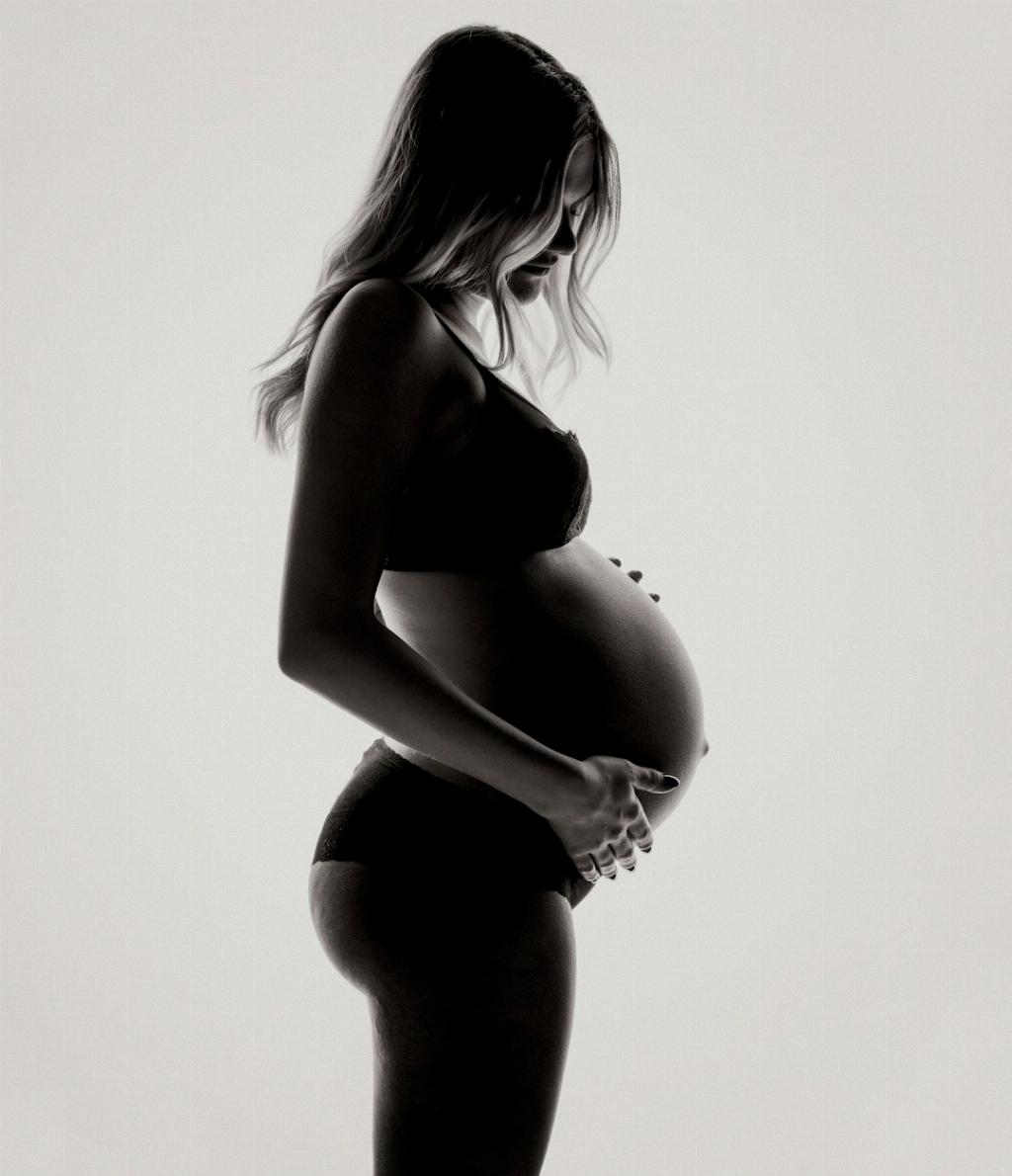When it comes to the intricacies of conception, timing plays a crucial role. Ovulation marks the release of an egg from the ovary, typically occurring around the middle of a woman’s menstrual cycle. This fertile window is prime time for conception to take place, as sperm can survive in the female reproductive tract for several days.
The Ovulation Process
During ovulation, the egg travels down the fallopian tube, where it awaits fertilization by sperm. If fertilization occurs, the egg transforms into a zygote, eventually developing into an embryo. However, if the egg remains unfertilized, it will disintegrate and be shed during menstruation.
The Role of Sperm
Sperm can live in the female reproductive system for up to five days, eagerly waiting for the egg to make its grand entrance. This means that having intercourse prior to ovulation can still result in pregnancy, as sperm may be present when the egg is released.
Implantation Process
After fertilization, the zygote undergoes cell division and forms a blastocyst. This tiny cluster of cells then implants itself into the uterine lining, where it can continue to grow and develop into a fetus. This implantation process typically occurs around 6-10 days after ovulation.
Timing and Probability
Given the timeline of events involved in conception, getting pregnant a week after ovulation is highly unlikely. While it’s not impossible, the chances of fertilization occurring that late in the menstrual cycle are significantly lower compared to during the fertile window around ovulation.
Factors Affecting Conception
Various factors can influence the likelihood of conception, including the viability of sperm, the health of the egg, and the receptivity of the uterine lining. Additionally, hormonal imbalances and underlying health conditions can impact fertility and the ability to conceive.
The Importance of Timing Intercourse
To optimize the chances of conception, couples are often advised to engage in intercourse during the woman’s fertile window, which includes the days leading up to and immediately following ovulation. This strategic timing maximizes the likelihood of sperm meeting the egg for fertilization.
Understanding Pregnancy Test Timing
Even if fertilization were to occur a week after ovulation, it may take several days for the zygote to travel down the fallopian tube and implant into the uterine lining. This means that a positive pregnancy test may not be detected until a week or longer after ovulation.
Consulting with Healthcare Professionals
If you have concerns about your fertility or are actively trying to conceive, seeking guidance from a healthcare provider can offer valuable insights and support. Fertility assessments and consultations with specialists can provide personalized recommendations and treatment options.
Conclusion
In conclusion, while the possibility of getting pregnant a week after ovulation exists, it is relatively low compared to conception occurring during the fertile window surrounding ovulation. Understanding the intricate processes of ovulation, fertilization, and implantation can help individuals make informed decisions about family planning and fertility.

